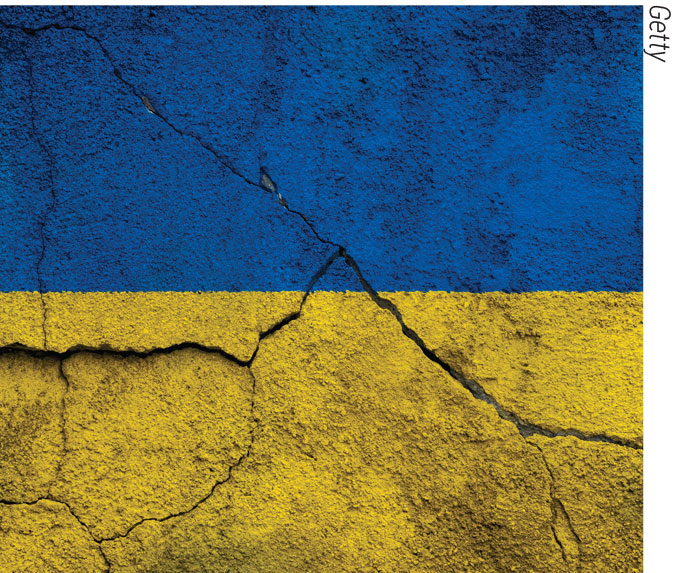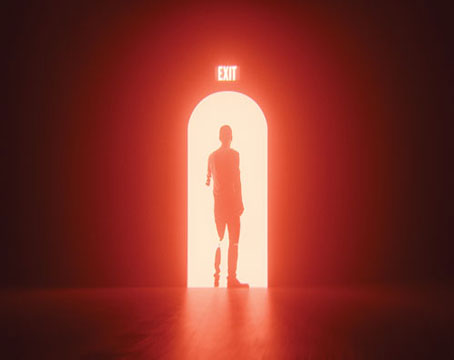 |
“Man cannot possess anything as long as he fears death. But to him who does not fear it, everything belongs.”
— Leo Tolstoy, “War and Peace”
We’re now at the one-year anniversary of Russia’s invasion of Ukraine. Or is it more accurately described as Russia’s most recent invasion of Ukraine? The borders of nations, particularly in Europe, have frequently changed—for political reasons, for ethnic reasons, for religious reasons. There’s an endlessly fascinating, though depressing, video that shows these changes over the last 2,000 years. Now, in the 21st century, have we really gotten anywhere? And is where we’ve gotten to going to have any more permanence than it has in the past? Or is the past prologue?
At least in Europe we had enjoyed a rare period of peace and stability after the fall of the Soviet Union. There was less chance of a risk of nuclear Armageddon, and a sense that the waste war makes of resources—human and otherwise—was in our past. OK, there was a little dust up in the Balkans around the same time, but it seems that, in every century, that part of the world needs to show us how local grievances can plunge all of us into a nightmare. Even now they’re ready to start shooting again, this time over license plates. Really, license plates. Worth dying over, don’t you think? Nothing that permanent peacekeepers can’t subdue; it’s like always needing a babysitter because you never grew up enough. But, hey, at least we had gotten to welcome the Russians into the world economy, enjoying their oil, natural gas and caviar. I’ve been to St. Petersberg. It’s beautiful. It was an exciting tourist stop—until it wasn’t.
Not being Russian—oh, wait I’m half Russian—but not being a paranoid megalomaniac, I can’t possibly see why you would give up peace and prosperity to try to recreate an empire that benefited only the very few and inevitably failed. But here we are. It’s puzzling why our leaders didn’t have enough caution to see that the former head of the KGB might at some point revert to form. The signs had been there for over a decade: Classic spy stuff like Polonium tea, people falling out of windows left and right, disinformation and Manchurian candidates. Can anyone say “Brexit” and “George Santos”? It’s masterful stuff from a master at work.
Perceiving disarray politically within the United States and between the United States and Europe, Putin invaded Ukraine. What chance did the Ukrainians have against the ‘vastly superior’ Russian military? What would the West do? Why would they care? Hadn’t the Russian disinformation campaigns and sleeper agents done their job to undercut support for the Ukrainians? Turns out, sometimes anyway, that good can stand up to evil—particularly when your very existence depends on it. Lo and behold, Putin didn’t take Kyiv in a month—or even 12. And to almost everyone’s surprise, the Ukrainians have not only pushed back notably, but retaken almost half of what was lost, achieving a stalemate with the #2 superpower. Most experts agree there are many reasons for this lack of success, but at the heart of it is the tenacity and fearlessness of the Ukranians themselves. I know a few Ukrainians. They’re a tough and feisty bunch. (Yes I’m talking about you Juirj.) It’s not going out on a limb to say that the degree to which they have committed to defending their homeland despite the odds and the horrors of war has surprised the entire world. Not that they had much choice if they wanted to survive a free people. Survive free—or lose it all. Only those who don’t fear the worst can have a future. They stand as a shining light to the rest of us who, so far, haven’t had to make that choice. Let’s continue to support them and, in turn, ourselves.
Dr. Blecher is an attending surgeon at Wills Eye Hospital.





